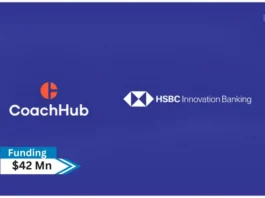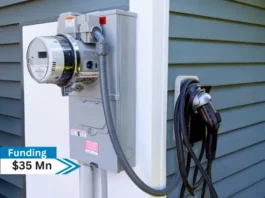

Texas-based Neurophos raises $7.2 Million in Seed Funding. Mana Ventures, MetaVC, and Gates Frontier lead the round with additional support.
With the help of its outstanding optical characteristics, the company plans to use the funding to allow the production of a proprietary metasurface that functions as a tensor core processor.
Read also – Canada-based Friendlier Secures $5M in Funding
Under the leadership of CEO Patrick Bowen, Neurophos seeks to provide AI processing solutions. Its methodology blends silicon photonics and optical metasurfaces to provide rapid energy-efficient, optical AI chips for data centres based on metamaterials.
The optical modulators made by the business using metamaterials are over a thousand times smaller than those made from a typical foundry PDK (Process Design Kit). This makes it feasible to develop a technology roadmap to provide performance that’s comparable to nearly a million TOPS (Trillions of Operations Per Second).
Read also – FL-based SellersFi Secures Funding of Undisclosed Amount
Neurophos was founded as a spinoff of Metacept, an incubator run by James B. Duke Professor of Electrical and Computer Engineering David R. Smith. The incubator’s objectives were to support the creation of metamaterials-based businesses and to work with the professor’s research group at Duke University. Echodyne, a radar firm based on metamaterials, was formed by Tom Driscoll, CTO of Neurophos.
Patrick Bowen said: “The most important factor in optical processors is scaling. Optical processors become both exponentially faster and more energy efficient on a per-operation basis as you make them larger. This means that in a finite chip area, the most important factor is how small you can build the optical devices that compose your processor. By leveraging metamaterials in a standard CMOS process, we have figured out how to shrink an optical processor by 8000X, which will give us orders of magnitude improvement over GPUs today.”
About Neurophos
Artificial intelligence is gaining access to the computational capacity of the human brain thanks to Neurophos. They are unlocking the speed and efficiency of optical compute in an in-memory processor to boost the speed and energy efficiency of AI inference by more than 100X by utilising decades of metamaterials research and more than 300 patents.
Read also – PA-based PennSpring Capital Acquired Zirtual



